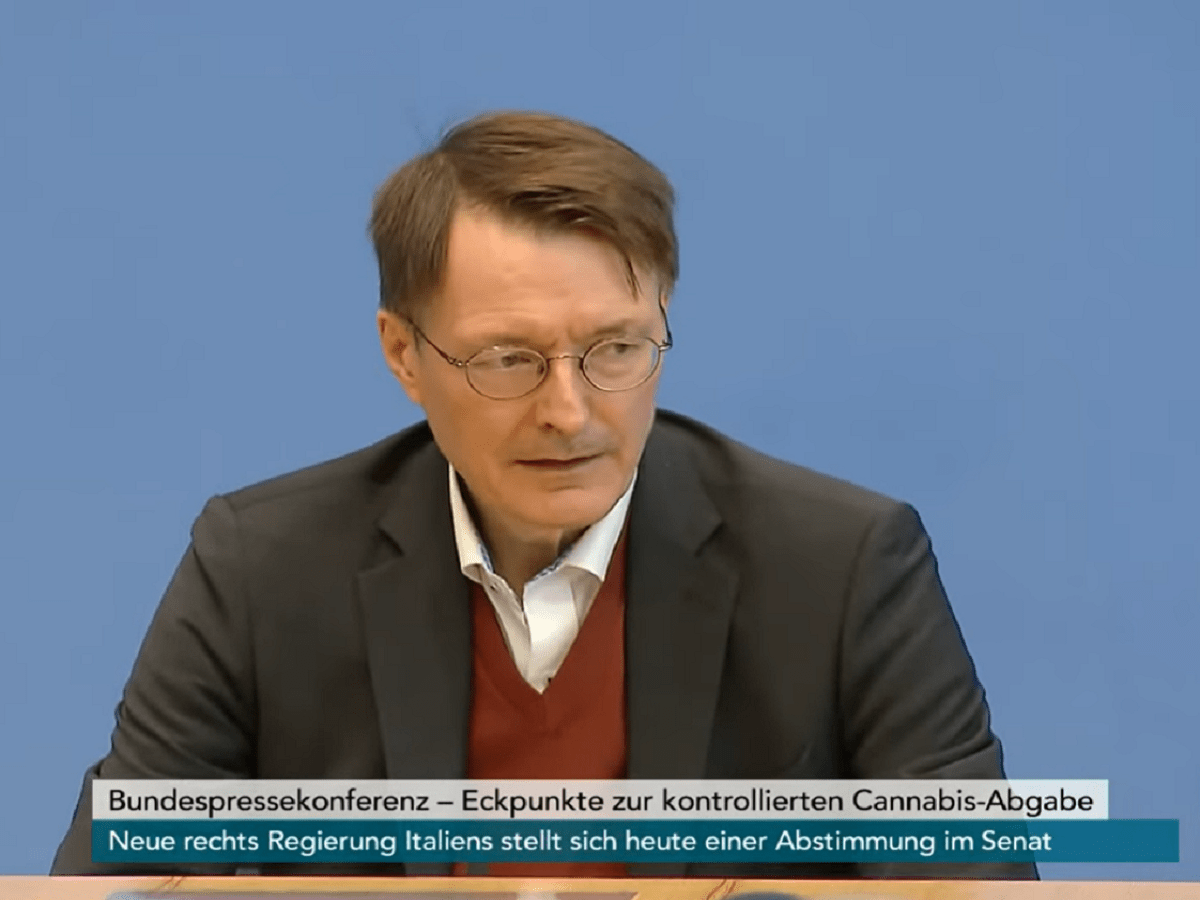Medical cannabis policy in Germany is somewhat unique, in that the law permits for insurance reimbursements for medical cannabis products purchased from pharmacies. Germany is not the only country to have such a system in place, with Colombia serving as another example. However, many medical cannabis programs around the globe do not have a government reimbursement program.
Reimbursing patients for medical cannabis products, which Germany has done since 2017, helps increase safe access for suffering patients by lowering the financial barrier to acquire medicine. It also doubles as a subsidy for the jurisdiction’s emerging medical cannabis industry in that it ensures that a steady customer base is always present.
A lot of focus is directed at Germany’s medical cannabis price points, import statistics, domestic cannabis production statistics, and overall market size, which is understandable. Yet, often lost in the shuffle is Germany’s current licensing model, which is fairly nuanced. Due to treaties and the German government’s current approach, one specific type of subcontract license could prove to be particularly significant in the coming years as Germany transitions towards adult-use legalization.
Subcontracting Domestic Cannabis Storage
When Germany’s legal medical cannabis program launched in 2017 the entire program was built on cannabis imports from companies based outside of Germany, such as in Canada. Various companies applied for initial import licenses, with another major evolution occurring in 2018 with the start of the tender for domestic production.
The tender for domestic cannabis production involved production capacity limits that were not that large in the grand scheme of things. That, combined with the high cost of producing cannabis in Germany versus in other nations, has created a situation in which much of the legal medical cannabis supply in Germany still largely involves imports. Domestic licenses are not as valuable as some may have originally assumed, with one very noteworthy exception.
Due to international treaty provisions, countries allowing medical cannabis production are obligated to create an agency to buy domestic harvests in order to remain in compliance. The agency can’t simply buy the harvests ‘on paper’ in a somewhat symbolic fashion – they must buy it and physically take ownership of it. The United States (at the state level) is out of compliance with this provision, and apparently receives regular warning notifications because of it, although nothing seems to come of the continued non-compliance in the U.S.
Germany’s government, which seemingly takes treaties related to cannabis much more seriously, did task an agency with overseeing the nation’s domestic medical cannabis production. However, rather than Germany’s government storing the harvests itself, it subcontracted to one company, Cansativa. Being that it’s currently the only awarded license of its type, Germany has created a domestic monopoly of sorts, with every gram of domestic cannabis produced going through Cansativa, for a fee. As Germany continues its push to launch an adult-use industry, the subcontract license could cause potential issues.
A Domestic Adult-Use Cannabis Industry
As the dust settled on the 2021 federal election in Germany, the incoming governing coalition wasted no time in making it clear that it intended to pursue the launch of an adult-use legalization market. A long awaited legalization plan was presented to the federal cabinet in October 2022, and since that time Germany’s Health Minister has tried to make the case at the European Union that the plan should be allowed to proceed with the EU’s blessing.
A major component of the legalization plan that Germany’s Health Minister is lobbying for is that an eventual German adult-use market would rely solely on domestic production due to treaties. Whereas some treaties provide for legal medical cannabis activity to some degree as previously touched on in this article, adult-use cannabis is different. By relying solely on domestically produced cannabis to supply its adult-use market Germany would, in theory, be in compliance with the international agreements that it signed on to.
That, of course, begs the question, ‘will Cansativa keep its monopoly status, with all adult-use cannabis harvests going through its hands?’ When Germany launches its adult-use market it will instantly become the largest national adult-use market on earth. How will the nation proceed when it comes to domestic adult-use cannabis storage? Will Germany issue more subcontractor licenses? Regardless of if that happens or not, one thing is for sure – Cansativa will retain its monopoly on the medical side for the first five years, and with many medical producers also likely to start producing cannabis for the adult-use market, Cansativa will be able to leverage their network considerably.
Avoiding Cannabis Industry Monopolies
It is worth mentioning that Cansativa also has an import license, and that there have been no reported issues related to its domestic license so far. With that being said, monopolies should always be avoided in the cannabis industry to help boost competition in an effort to keep costs down.
Every penny that gets added to the final price of a cannabis product makes unregulated options more appealing. Many consumers and patients are willing to pay a bit extra for legal cannabis due to convenience and other factors, however, there’s a limit. At some point if the price gets too high, they will look for other options. If Cansativa continues its monopoly post-legalization, and hypothetically decides to raise its fees, it would affect every legal adult-use gram in the entire country. No one company should ever have that level of potential influence over an entire country’s emerging industry.
This dynamic will be particularly applicable to adult-use cannabis if/when it launches in Germany, as there will be no government reimbursement program for recreational products. Germany’s government is hinging much of its argument in support of legalization on a legal market being able to supplant the unregulated market, boosting the consumption of safer products in the process. Obviously, that will only happen if legal prices are competitive, and any monopolies in Germany put the possibility of competitive pricing in jeopardy.












